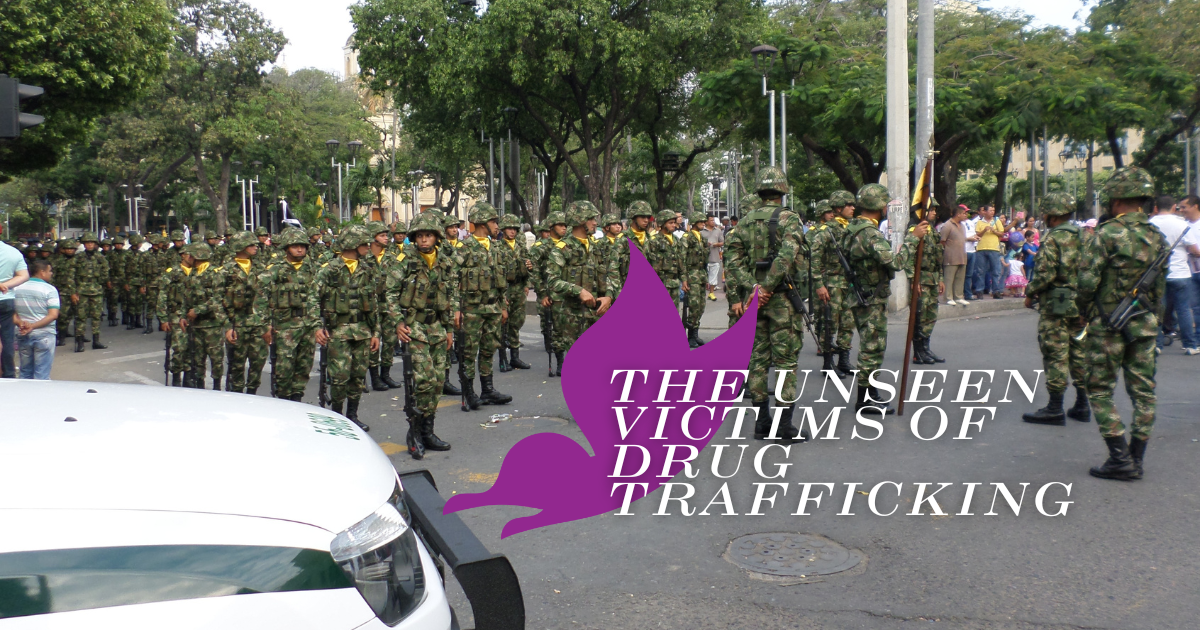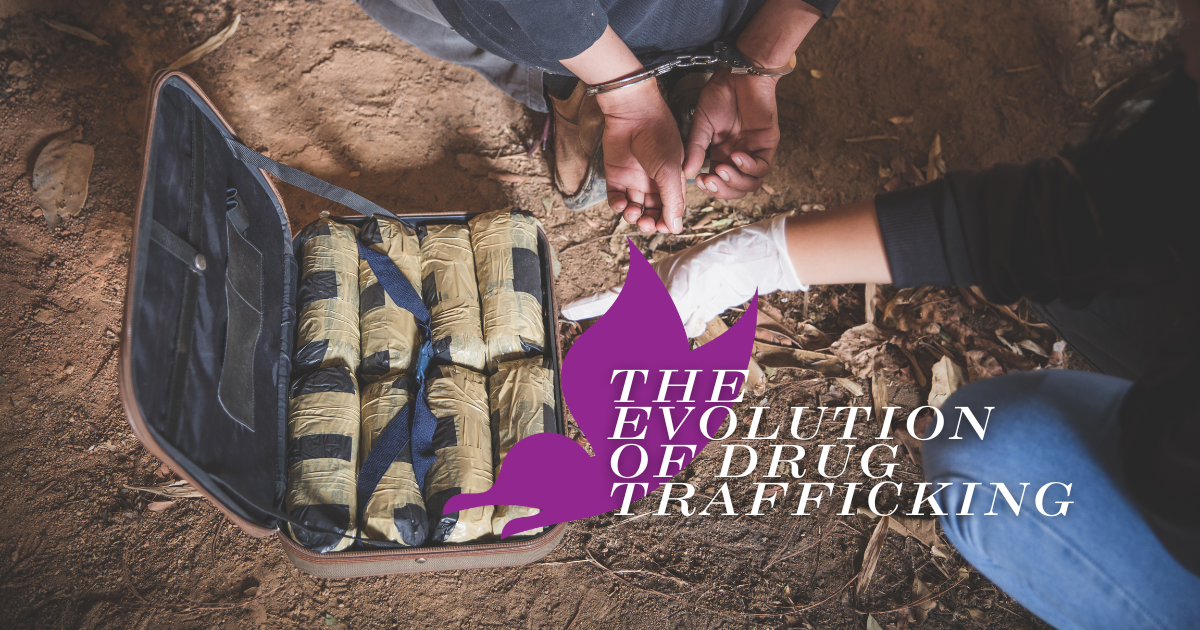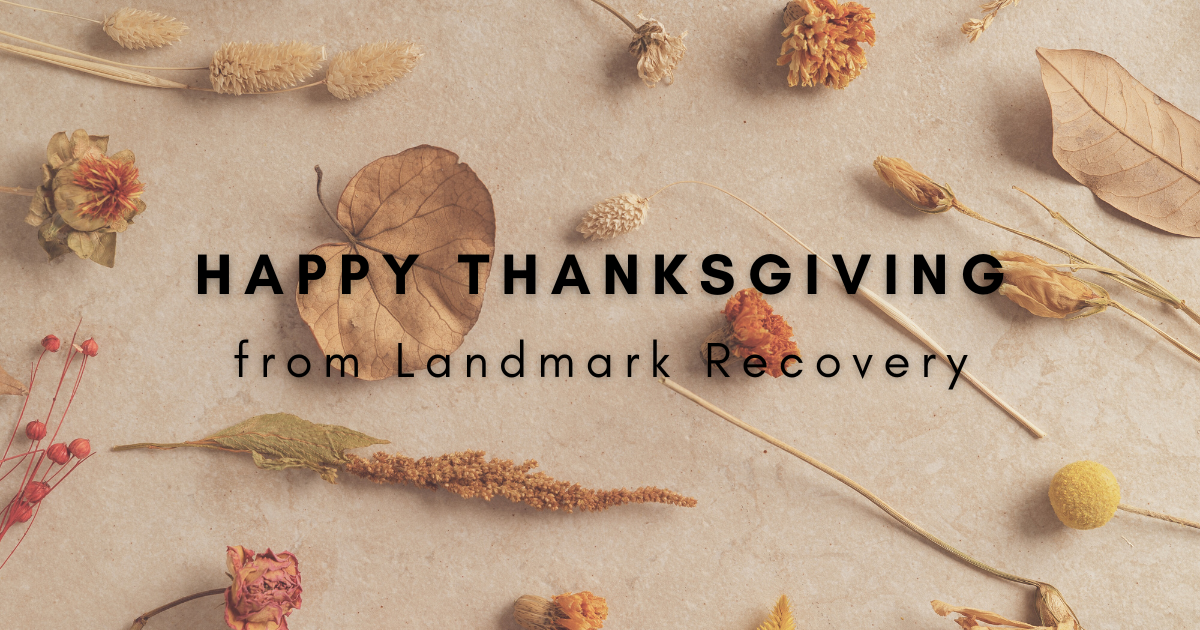Addiction does not discriminate.
Have you heard this slogan? Some argue it is misleading because it implies that addiction affects all demographics equally. (Fact: It doesn’t.) In this case, we find the message “Addiction does not discriminate” compelling, for this reason:
Anyone, of any walk of life, can be impacted by addiction. This is true regardless of race, gender, ethnicity, age, social class … or religion. Yes, even religious people or people of faith can struggle with addiction.
Religion, unfortunately, has been known to hinder rather than help individuals caught in the cycle of addiction. There are centuries-old stigmas around addiction and recovery, from Christianity to Islam to Eastern religions. The implicit belief by religious communities that someone’s struggle to overcome an addiction is a reflection of their faith can be harmful, and so can behaviors that condemn or shame them for it. Both can cause people who most need help and support from their family of faith to feel ashamed and marginalized, or worse, to not seek treatment.
But this is not the case in all religious communities; there are many who extend grace and hope. At the same time, even those who desire to push back on stigmas around drug, alcohol, and other substance addictions may not know how to offer support to people in their fellowships.
While every religious community might approach addiction support differently, we’ve compiled 7 things to consider when deciding how to meet these needs.
Because the reality is: Addiction does not discriminate – even in the church, synagogue, or temple.
1) Challenge internal bias
The first and most important thing you can do to properly support individuals impacted by addiction is reflect on how you personally, and collectively, view and talk about addiction. This looks like tackling any attitudes or stereotypes you have towards addicts, substance abuse, and the recovery process.
Cultivating an attitude of grace, understanding, and humility is foundational to supporting someone who is struggling with an addiction themselves or the addiction of a loved one.
2) Educate yourself and your community about the science behind addiction/addiction treatment
In simple terms, addiction is biochemical. Substance abuse affects the brain, which in turn affects a person’s behavior and mood, as well as their body. It’s much more complicated than “just quitting.”
The American Medical Association (AMA) first defined addiction as a disease in 1987; this was more than 30 years after alcoholism was officially termed an illness. Today, the Diagnostic and Statistical Manual of Mental Disorders, Fifth Edition (DSM-5) defines substance use disorder (SUD) as a “complex condition in which there is uncontrolled use of a substance despite harmful consequences.” What’s more, research has found that a person’s genes, mental health, past traumas, and socioeconomic status can all contribute to his or her predisposition to addiction.
From a quick internet search to picking up a book at your local bookstore, there are endless evidenced-based resources about addiction and addiction treatment.
3) Take note of 12-Step Programs like Alcoholics Anonymous, Narcotics Anonymous, and SMART Recovery
The most widely known support group for substance abuse, Alcoholics Anonymous (AA), while not claiming any religious affiliation, practices spiritual principles and encourages its members to surrender to the Higher Power of their understanding, which is a practice of many religions through various religious communities. Another beautiful trait of this program that has helped millions: it is a community of human beings, with one thing in common, who can “sympathetically, without sitting in judgment,” share in each other’s understanding of alcoholism.
Inherently, faith communities have the potential to be a source of encouragement, acceptance, and understanding. What’s more, there is a vein of research specifically about the positive relationship between religion and addiction recovery. Recent studies have shown that incorporating monotheistic and nontheistic faiths with clinical treatment can help a person heal from substance abuse. One study found that 84% of clients in addiction counseling wanted more emphasis on spirituality in their treatment, and another study found that faith-based communities and organizations were helpful because of their social intervention and support.
4) Consider allowing support groups to meet in your facilities
For many people struggling with addiction or the addiction of a loved one, their support group is the most intimate community they have for both accountability and encouragement. Support groups such as Alcoholics Anonymous and Al-Anon, Narcotics Anonymous and Narc-Anon, Co-Dependents Anonymous, and SMART Recovery need a safe and consistent place to meet anonymously. Faith communities’ facilities that are not being utilized during the week or evenings offer both privacy and a central meeting place for attendees.
5) Offer childcare during an individual’s therapy sessions or support group meetings
One of the biggest hindrances to an individual or family member getting the support they need – whether in therapy or a support group – is not having childcare during their meeting time. This could be an additional service of your children’s ministry, or it could be coordinated by volunteers or a small group within your fellowship.
6) Build a list of local mental health services, housing options and other resources that can provide physical, mental, and financial help
Your faith community likely knows your neighborhood, city, and county better than most! Whether you survey your congregation or compile a list with your leadership team, you can position yourself as a helping hand and guide for anyone who is unsure about where to turn for help.
7) Evaluate if there are relational or financial resources you might offer to your community
This might look like appointing someone on your leadership team (or 2-3 qualified individuals) who can be easily reached and offer accountability, encouragement, or assistance on behalf of your family of faith. Or, it could be physical resources such as scholarships, or love offerings, that are set aside specifically to provide financial support for therapy, rehab, or necessary living expenses.
About Landmark Recovery
Substance use disorder impacts millions of Americans each year. At Landmark Recovery, our sole purpose is to provide those struggling with addiction a bridge to a brighter future – one of sobriety, hope, and health. We provide the highest quality of clinical care to individuals and their loved ones impacted by addiction, and our alumni system offers a strong community to support continued sobriety.
To learn more about our services or to speak with a Landmark recovery specialist 24/7, contact us at 888-448-0302.

Choose Recovery Over Addiction
We're here 24/7 to help you get the care you need to live life on your terms, without drugs or alcohol. Talk to our recovery specialists today and learn about our integrated treatment programs.




